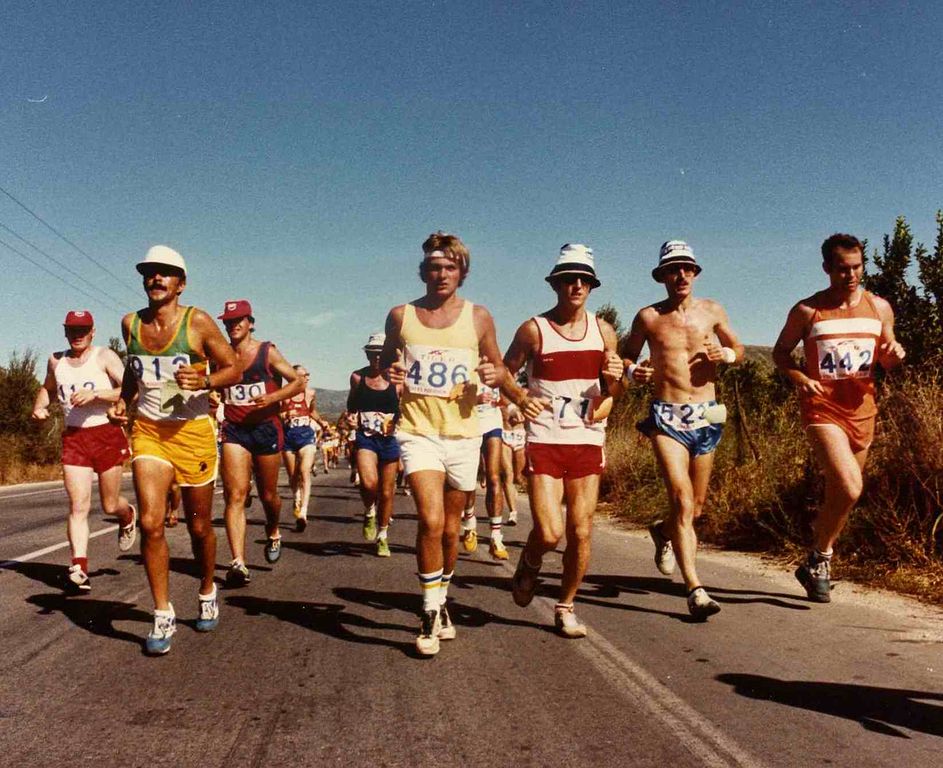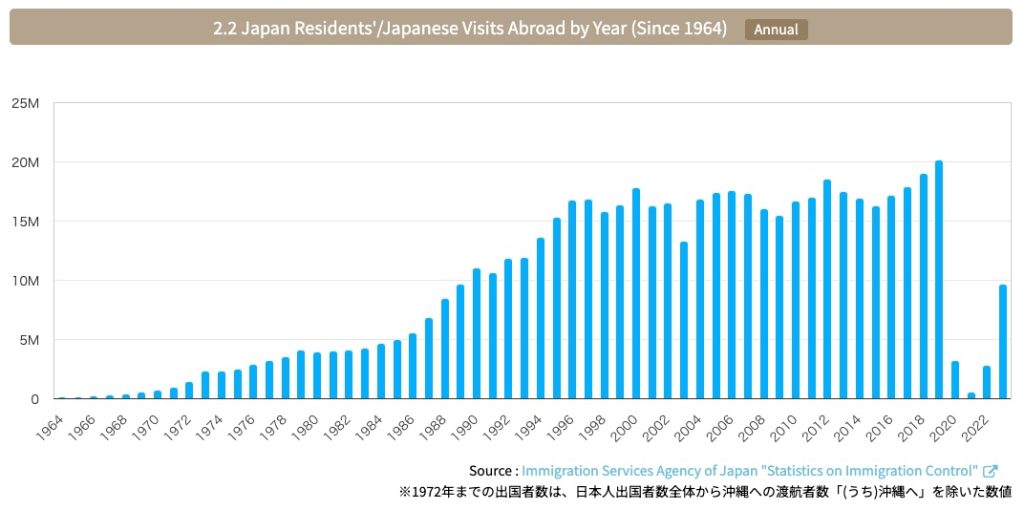Welcome back to Murakami Fest. This is our 17th year doing this activity, and this year I’ll continue to look at Distant Drums (遠い太鼓), Murakami’s travel memoir written when he lived in Greece and Italy from 1986 to 1989. I’ve added a page to the blog to organize all of the posts for this Distant Drums project. I’ve realized there are some chapters that I skipped. I may go back and fill those in later, but for now we carry on.
Previous Murakami Fest Posts:
Year 1: Boobs, The Wind, Baseball, Lederhosen, Eels, Monkeys, and Doves
Year 2: Hotel Lobby Oysters, Condoms, Spinning Around and Around, 街・町, The Town and Its Uncertain Wall, A Short Piece on the Elephant that Crushes Heineken Cans
Year 3: “The Town and Its Uncertain Wall” – Words and Weirs, The Library, Old Dreams, Saying Goodbye, Lastly
Year 4: More Drawers, Phone Calls, Metaphors, Eight-year-olds, dude, Ushikawa, Last Line
Year 5: Jurassic Sapporo, Gerry Mulligan, All Growns Up, Dance, Mountain Climbing
Year 6: Sex With Fat Women, Coffee With the Colonel, The Librarian, Old Man, Watermelons
Year 7: Warmth, Rebirth, Wasteland, Hard-ons, Seventeen, Embrace
Year 8: Pigeon, Edits, Magazines, Awkwardness, Back Issues
Year 9: Water, Snæfellsnes, Cannonball, Distant Drumming
Year 10: Vermonters, Wandering and Belonging, Peter Cat, Sushi Counter, Murakami Fucks First
Year 11: Embers, Escape, Window Seats, The End of the World
Year 12: Distant Drums, Exhaustion, Kiss, Lack of Pretense, Rotemburo
Year 13: Murakami Preparedness, Pacing Norwegian Wood, Character Studies and Murakami’s Financial Situation, Mental Retreat, Writing is Hard
Year 14: Prostitutes and Novelists, Villa Tre Colli and Norwegian Wood, Surge of Death, On the Road to Meta, Unbelievable
Year 15: Baseball on TV, Kindness, Murakami in the Asahi Shimbun – 日記から – 1982, The Mythology of 1981, Winning and Losing
Year 16: The Closet Massacre, Booze Bus, Old Shoes, Editing Norwegian Wood, Prophecy
We’re back with the Murakamis in Greece. This chapter is titled “The Athens Marathon and My Ticket Refund Went Well, I Guess” (アテネ・マラソンと切符の払い戻しがまあうまくいったこと). It’s October 1987, a month after the publication of Norwegian Wood. Murakami was back in Japan that summer to look at the galleys and take care of other publication-related details, and then he flew back to Rome via Helsinki. Now he’s heading to Athens for the Athens Marathon.

Photo from 1980 Athens Marathon via Wikimedia Commons.
He spends this chapter talking about his doubts about the legitimacy of the original Marathon story. What about horses? he wonders. And would the runners really have died? Wouldn’t they easily have run the distance? He debunks this second conspiracy by noting that the runners had run to and from Sparta the day before, 250 kilometers.
Then Murakami provides some background about the Athens race itself, which is dedicated to Grigoris Lambrakis, a member of Parliament who was assassinated by right wingers in 1963.
Murakami mentions that he ran the opposite direction, from Athens to Marathon, six years previously, and notes that he’s meeting with a Japanese running organization at the start of the race. But he doesn’t see any other Japanese (or Asian) runners during the race:
Yet while running I didn’t come across a single Japanese. I was completely surrounded by Europeans. No matter how long I travel, I rarely feel lonely, but on this occasion I felt it keenly. I was permeated with these feelings: Ahh, I am an other, I am alone! Runners from many other countries were running around me. Greeks, of course. And Italians. And you can’t forget Canadians, who may be the people with the most free time in the world. And then Germans (Is there anywhere in the world where you can’t find a German?), French having a great time in matching uniforms, Northern Europeans and their exuberant friendliness, and English running silently with serious expressions on their faces. As for Asians, I was the only one, as far as I could see. During my travels, I’ve been to villages where I was the first Japanese they’d seen, of course, but as I ran this marathon for three plus hours surrounded entirely by foreigners, I started to to feel suffocated. I wonder why.
もっとも走っている間は一人も日本の人には出会わなかった。まわりはとにかくもうヨーロッパ人だらけだった。僕は長く外国を旅行していても孤独感というようなものはあまり感じないのだけれど、このときだけはそれをひしひしと感じることになった。ああ俺はここで異邦人なんだ、孤独なんだと身に滲みて思った。僕の回りにはいろんな国のランナーが走っていた。もちろんギリシャ人がいる。それからイタリア人がいる。世界でおそらくいちばん暇なカナダ人がもちろんいる。それからドイツ人(この地球にドイツ人を見かけずにすむ場所が果たしてあるのだろうか?)揃いのユニフォームを着て楽しげなフランス人、やたらと友好的な北欧人たち、むずかしい顔をして黙々と走る英国人。東洋人なんて見渡す限り僕一人である。もちろん旅行していると生まれて初めて日本人を見たなんていう村にいったりもするわけだけれど、回りが全員外国人というマラソン・レースを三時間何十分も走っていると、時々胸が締めつけられるような気がしてくるのだ。どうしてだろう。 (285-286)
We get more of Murakami’s views of Europeans and also an interesting examination of his reaction to being the only Japanese in the crowd. This was still relatively early days in both the tourism boom. Yes, there was an initial boom in 70s, but 1987 represents the beginning of the next stage of the boom.

Screenshot
I imagine it was also early days for Japanese running and jogging. Interesting to see how Murakami felt.
